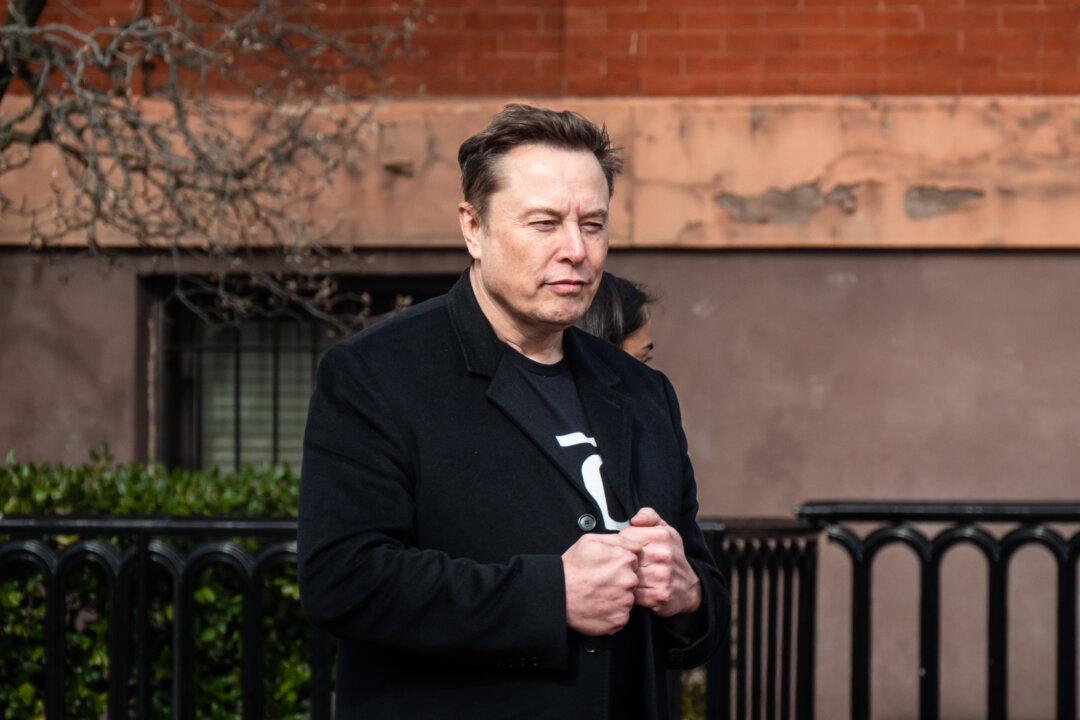The Department of Government Efficiency (DOGE) said on Feb. 17 that a total of $4.7 trillion worth of payments from the Treasury Department are almost impossible to trace because of missing account identification codes.
DOGE said the Treasury Department has assigned identification codes called Treasury Access Symbols (TAS), designed to note which account a Treasury payment is linked to, which DOGE said was a “standard financial process” for bookkeeping. However, the codes were not assigned for trillions of dollars worth of payments as the field was considered optional, according to the agency.





